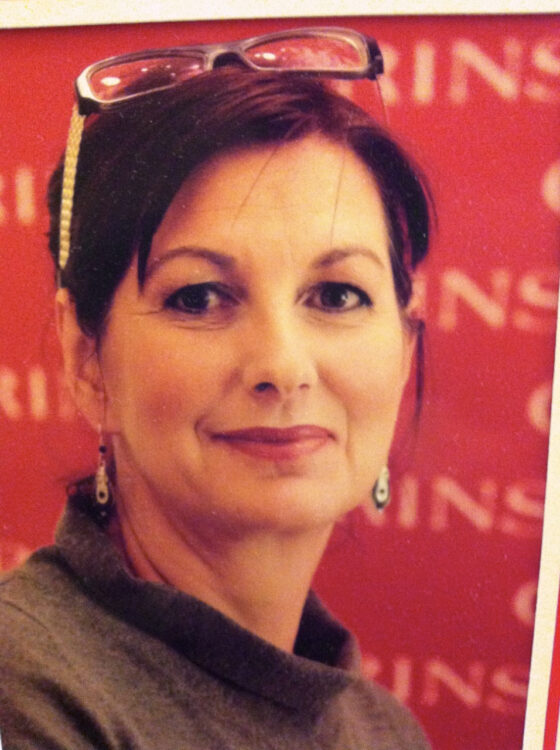On Monday, March 15, one year after we began remote work, McGill proudly launched its New Model of Work Project Office (NMWPO) with McGill veteran Lorraine Mercier as its Inaugural Director.
As we reflect upon a remarkable year of continuous learning and adaptation, it’s clear that McGill is indeed a resilient community. We successfully transitioned to the unimaginable: masks, social distancing, curfews, and for many, different ways of working and engaging with others supported by platforms like Teams and Zoom. Now McGill and its NMWPO are proactively preparing for the future – examining themes like flexible work arrangements, individual and team engagement and performance, enabling technologies, and innovative workspaces to best support our new realities. There are important questions to consider and opportunities to further explore.

The NMWPO’s mandate is to take an in-depth look at how we can adopt new ways of working that best support the Mission of the University, while encouraging employee engagement and innovation. Mercier and her small interdisciplinary team have an interesting and challenging road ahead – building on learnings from recent months and the reflection McGill has initiated as part of My Healthy Workplace and the Flexible Work Arrangement pilot program. Their work will also be inspired by McGill’s transformative infrastructure projects currently underway and grounded in sound data gathering and analysis, benchmarking and best practices. The NMWPO will eventually serve as a “one-stop shop” to units and faculties wishing to adopt new ways of working, post-pandemic. The NMWPO will work in close collaboration with stakeholders from across the University and key units including Human Resources, Information Technology and Facilities Management.
“The New Model of Work Project Office will actively support initiatives to facilitate the University’s transition towards new ways of working that best serve the University’s teaching and research mission, while providing an engaging and productive environment for staff and faculty,” says Mercier of her new post. “Key considerations include the University’s commitment to health and safety, employee wellness, diversity and inclusion, and sustainability. We look forward to engaging employees across the university with new models of work that encourage their sense of belonging and contribution to excellence.”
An almost 20-year McGill veteran, Mercier is no stranger to the University workplace. She joined McGill as a Senior Project Manager in 2001, where she managed several capital construction and renovation projects, including research facilities in the Lyman Duff and Rutherford buildings. Since 2004, Mercier has served as Director of Design Services in Facilities Management and Ancillary Services, overseeing the development and application of design and construction standards for all types of physical spaces. Mercier has a passion for bringing diverse people together with design solutions that maximize collaboration, engagement, learning and innovation. Her holistic approach includes how physical spaces can positively impact people, processes and team performance.
A member of the Ordre des architectes du Québec, Mercier has led the modernization of classrooms and teaching labs, upgrades to increase universal access, and the development of new design standards for research. During the past year, her team was responsible for setting up safe teaching and study hubs as part of the University’s COVID-19 response. Building on her extensive knowledge of the McGill community, Mercier will put her valuable talents and knowledge to work in service of our safe and innovative workplaces of the future.
During her two-year mandate, Mercier will report jointly to Yves Beauchamp, Vice-Principal (Administration and Finance), and Christopher Manfredi, Provost and Vice-Principal (Academic).
In a joint statement, Professors Beauchamp and Manfredi expressed their enthusiasm for McGill’s New Model of Work Project Office, and praised Mercier’s commitment to revitalization, “Mercier works collaboratively to ensure that wellbeing is a key consideration in the redesign of McGill’s internal and external spaces. She gives tangible expression to McGill’s values of inclusion and innovation”.
